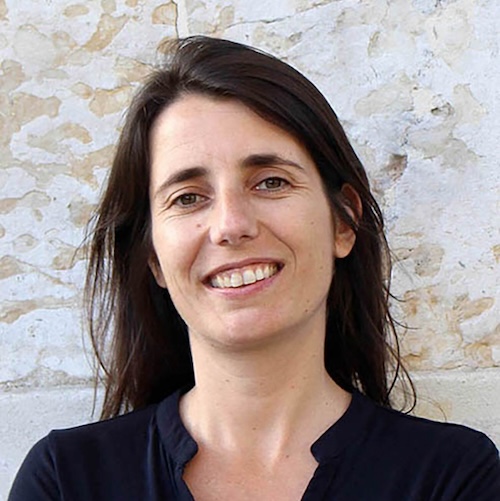FOCUS
This group’s work focuses on two parallel strands:
- The first strand regards planning education curricula and subject-specific pedagogical developments. We aim to promote discussion and exchange of ideas around some of the key issues underpinning contemporary planning education and how the field can progress. For example, how can interdisciplinarity and interdisciplinary literacy amongst planning students be fostered in a systematic manner? What new topics, methods and theories should be reflected in curricula and how are these best conveyed in the planning curriculum. For example, how can disaster preparedness and resilience, and green infrastructure planning as means to address implications for climate change be addressed in the planning curriculum? What are the impacts of Artificial Intelligence for planning practice and planning education? Or how can students be supported in addressing ‘wicked/complex’ problems?
- The second, but no less important, strand of work explores the implications (threats and opportunities) for planning education within the context of emerging discussions of new models, missions and values of/in and for higher education institutions. Such new modes and models are amongst other things driven by changes in how universities are funded and perceptions on what students will need to gain from university education to cope with future challenges. Ideas include the challenge-driven university (e.g., Mulgan and Townsley 2016) or the engaged or ecological university (e.g., Barnett 2011; 2017). How can goals of promoting innovation and economic development be supporting classical planning values of advocacy of the disadvantaged and so forth? Can signature pedagogical approaches used for teaching and learning in planning (such as the workshop/studio) be scaled up to institutional level and what are the implications for planning departments?
2024 - 2026 Plans
The Group is being reinvigorated to be in full activity from January 2025. Over the next year, we aim to:
- Organise online workshops and/or webinars to discuss key themes of planning education curricula and research
- Organize a meeting of the Thematic Group at the AESOP Congress in Istanbul to update and grow the Thematic Group membership and co-develop the agenda and set of activities to be pursued by this Thematic Group from 2025 through collective discussions with the group members.
We invite all planning educators to join this Thematic Group. If you are interested in participating, please email Juliana and me (j.martins@ucl.ac.uk and aifrank2016@gmail.com).
Finally, in the spirit of disseminating what is going on in terms of pedagogical research and sharing resources – please do let us know of future events, activities or publications in respect to planning education that we can share amongst our blossoming community of practice. We will work with the AESOP executive to see how we can find suitable means to make this material available via the website/social media. We do hope you post your news via the AESOP news pages (if your institution is an AESOP member you can register and submit news about events via the AESOP website).
Kind regards and looking forward to working with all of you,
Andrea and Juliana


